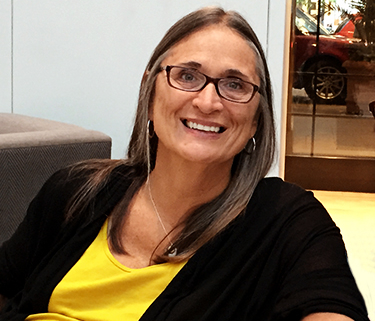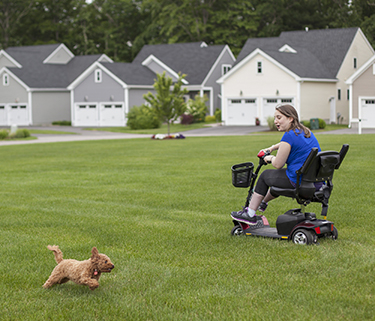The Arc Rejects Proclamation Barring Immigrants Without Approved Health Insurance
The Arc is distressed by the Trump Administration’s repeated attacks on immigrants and people with disabilities who are seeking admission to the U.S. We have major concerns about the latest threat, President Trump’s harmful Proclamation, issued October 4, mandating that immigrants applying for visas to the U.S. prove that they will have approved health insurance 30 days after they are in the country or show that they have the ability to pay medical expenses.
The Proclamation means that people who are not “covered by approved health insurance” can’t come in to the country legally, based on the burden they supposedly place on taxpayers, and the strain on publicly funded programs. Medicaid and publicly funded programs are essential for many people with disabilities, and private insurance may not include the services people with significant disabilities typically need. Medicaid is the only insurer that covers many home and community-based services, including personal care services, specialized therapies, and treatment. These are services that support people with disabilities to live, work, and participate in their communities. This new standard from the White House is the latest note in a larger chorus of policies that would exclude immigrants based on their disabilities.
The new policy also does not include coverage under subsidized plans offered in the individual Affordable Care Act (ACA) health insurance market as “approved” insurance. Under the ACA, many people with disabilities now have access to quality, appropriate, comprehensive, affordable, portable, and non-discriminatory coverage and benefits through the exchanges. At the same time, the Proclamation does count “catastrophic” coverage and short-term limited duration policies as approved coverage, neither of which provides the services that a person with significant disabilities may need.
“Once again, we are called to stand up for people with intellectual and developmental disabilities (I/DD) as contributing, valued, and respected members of their communities. The President’s recent Proclamation is unreasonable for people with I/DD and their families who are seeking to immigrate to the U.S. Immigration and naturalization policies and rules must recognize the humanity of all persons who wish to enter the U.S. and provide for humane and fair opportunities,” said Peter Berns, CEO of The Arc. “In addition to creating more barriers for people with I/DD and their families, the Proclamation is yet another shameful action by the Administration to undermine the Affordable Care Act. Together, we must continue our work to protect the significant achievements of the ACA and its important provisions for people with disabilities and their families, and remain vigilant and active in protecting the human and civil rights of all people with I/DD.”














